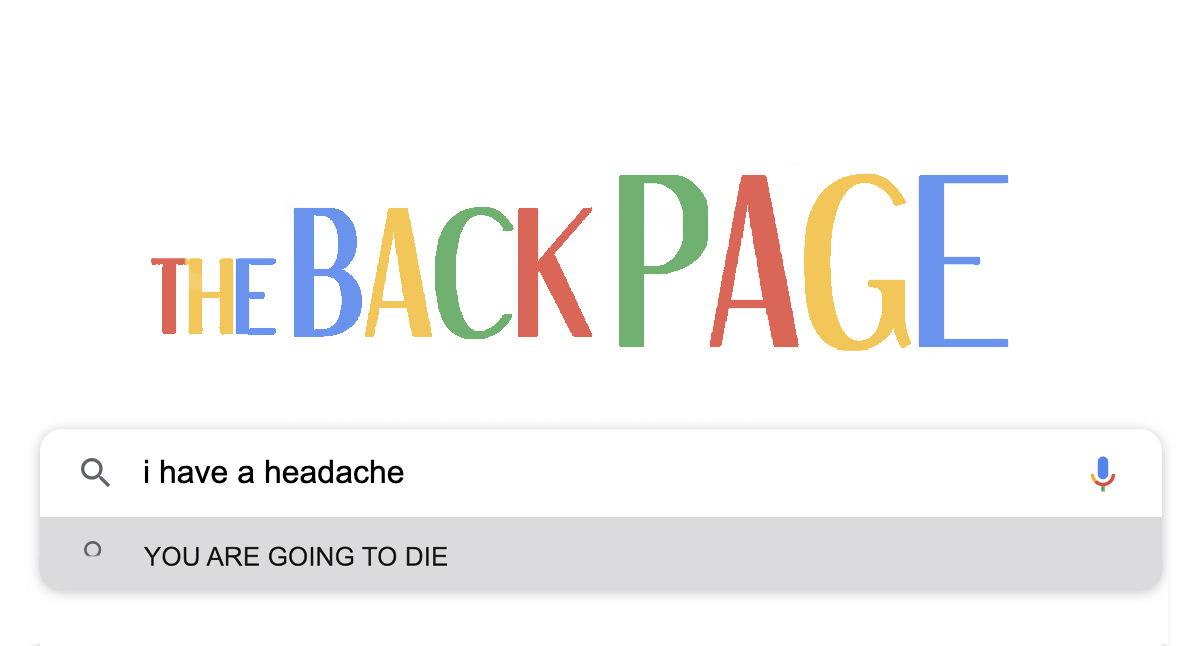Online symptom searches may not be such a bad thing.
Your patient has done a web search on their headache/rash/fever and is convinced they have a brain tumour/scabies/Hendra virus. You quietly curse Dr Google as you undiagnose them and calm them down.
Dramatic misdiagnoses and internet-induced health anxiety – or “cyberchondria” – are inevitable consequences of non-physicians having access to a firehose of medical information.
… Or are they?
The authors of a study published in JAMA set out to test this, giving 5000 adults a case vignette for a common or serious illness and getting them to supply a diagnosis and triage (whether to leave it or seek help and how urgently), both before and after seeking information online.
[newsletter]
There was no change in triage accuracy, but there was a small improvement in diagnostic accuracy after an internet search. Most held to their original diagnosis, but of the 15% who flipped, two-thirds went from incorrect to correct, the authors found.
People over 40, women, and those with worse health status were the better couch diagnosticians.
Though the improvement in diagnostic accuracy was small, the authors wrote, the results “challenge the common belief among clinicians and policy makers that using the internet to search for health information is harmful”.
“We found that performing an internet search was associated with improved diagnosis. One potential reason for this disconnect is that over time, search engines have tried to direct people to higher-quality health information … We also found that performing an internet search was not associated with selection of a more aggressive triage option or with increased anxiety. That is, we found no evidence of the hypothetical scenario of patients believing they were having a heart attack and calling 911 in response.”
Time to shelve cute campaigns like this then:
If you have something strange on your leg, don’t Google it – send detailed photographs to felicity@medicalrepublic.com.au.


